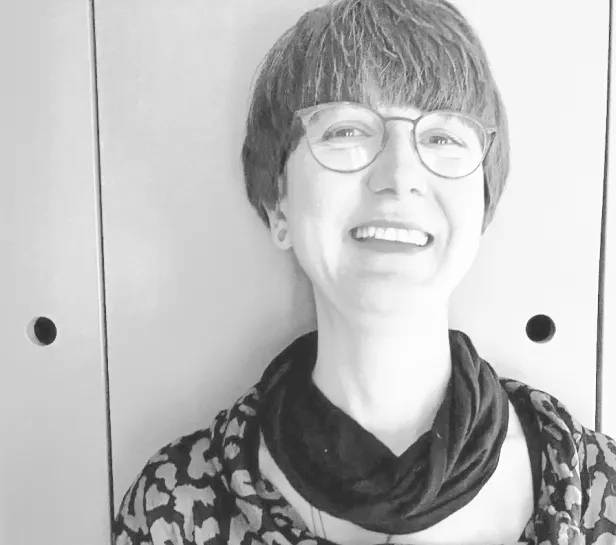
She made her dream come true when she has recently completed a 200 hours yoga teacher’s training. Since 2008 she is the owner and manager of one of the oldest Guesthouses in Pelion Peninsula in the Eastern Part called “Ghermaniko Guesthouse”. Additionally, she is currently working as a clinical Psychologist – Systemic Psychotherapist and a Yoga Practitioner.
She has also been occupied as a Psychologist at the Polyclinic of Doctors of the World in Thessaloniki, as a student supervisor, counsellor and trainer in private colleges, parenting schools, second chance or special education ones together with other institutions. She keeps being a scientific associate of the Greek Language Center and she has participated as a speaker in seminars, conferences and workshops. She is a long-time associate and active member of the Systemic Society of Northern Greece and the Association of Parents of Children with Dyslexia & Learning Difficulties of Northern Greece.

Some Zen sources de-emphasize doctrinal study and traditional practices, favoring direct understanding through zazen and interaction with a master (Jp: rōshi, Ch: shīfu) who may be depicted as an iconoclastic and unconventional figure.
In spite of this, most Zen schools also promote traditional Buddhist practices like chanting, precepts, rituals, monasticism and scriptural study.

Early forms of systemic therapy were based on cybernetics and systems theory. Systemic therapy practically addresses stagnant behavior patterns within living systems without analyzing their cause. The therapist’s role is to introduce creative “nudges” to help systems change themselves. This approach is increasingly applied in various fields like business, education, politics, psychiatry, social work, and family medicine.
